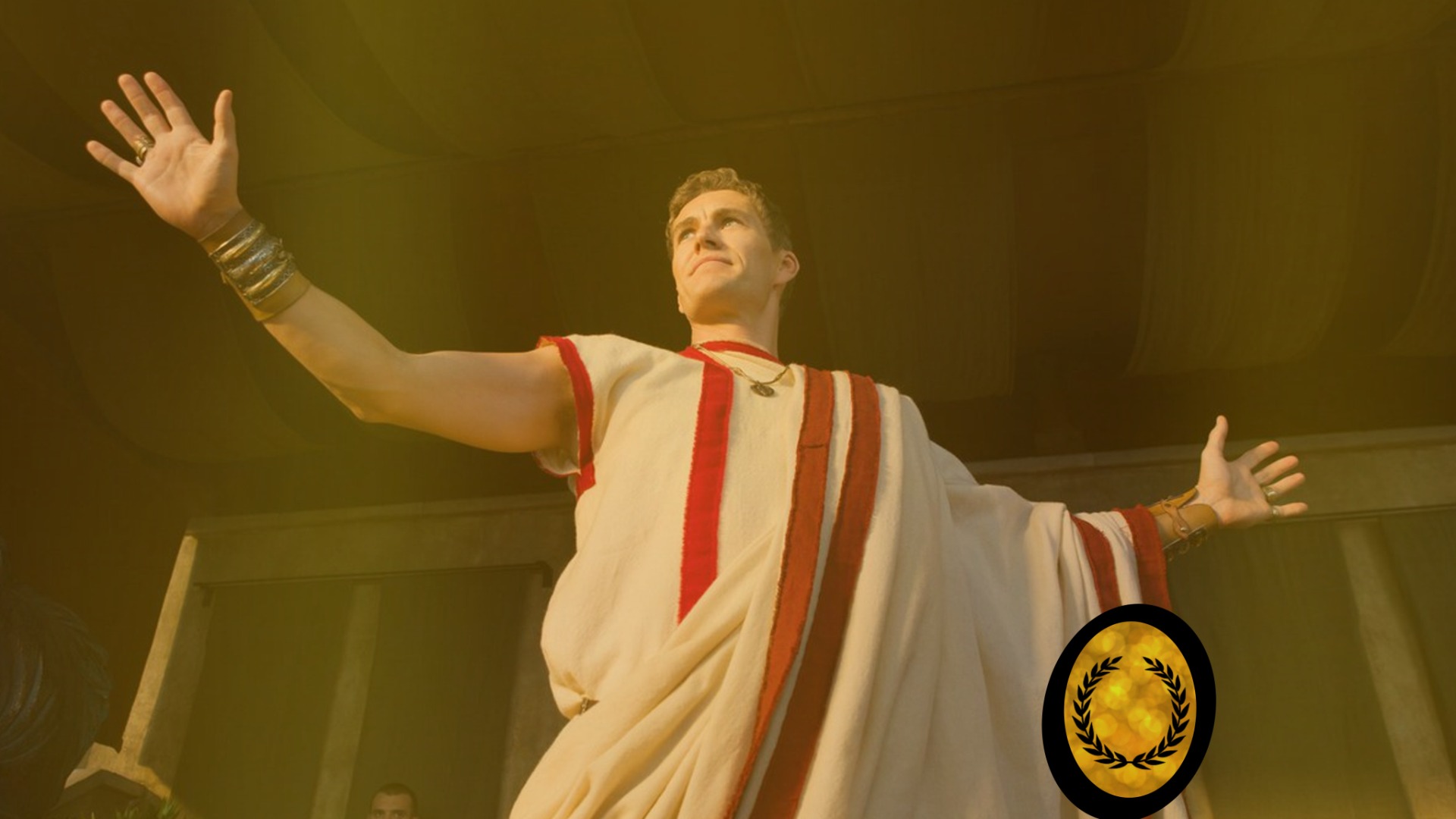According to Plutarch, when Julius Caesar arrived, Senator Tillius Cimbro presented him with a petition to revoke the exile imposed on his brother. The other conspirators approached under the pretext of offering support and surrounded Caesar. According to Plutarch and Suetonius, Caesar dismissed the request, but Cimbro grabbed him by the shoulder and pulled him by the tunic. Caesar then yelled at Cimbro: "What do you mean, this is violence!"
At the same time, Casca picked up his dagger and went for Caesar's neck. The latter, however, turned quickly and took Casca by the arm. According to Plutarch, Caesar would have said, in Latin, "Bark, you villain, what are you doing?" Casca, frightened, shouted in Greek "Help, brother!" A few moments later, everyone in the group, including Bruto, attacked the dictator.
Caesar tried to pull away but, blinded by the blood running from his head, he stumbled and fell. Even on the ground, in the portico, he continued to be stabbed. According to Eutropius, around 60 men participated in the murder. Caesar was reportedly stabbed 23 times.










